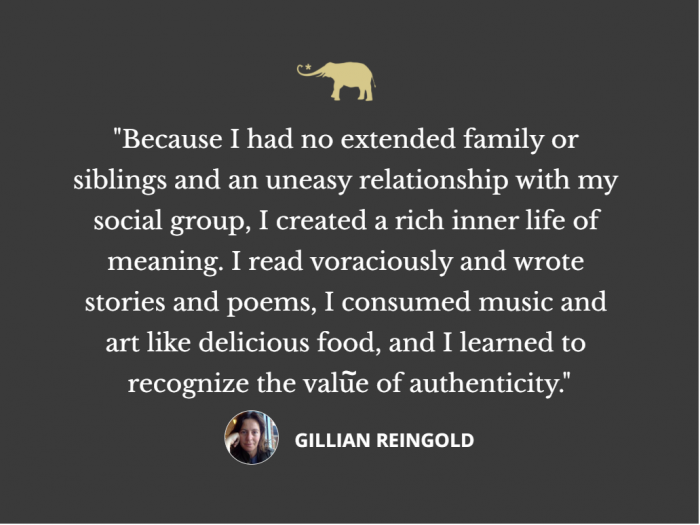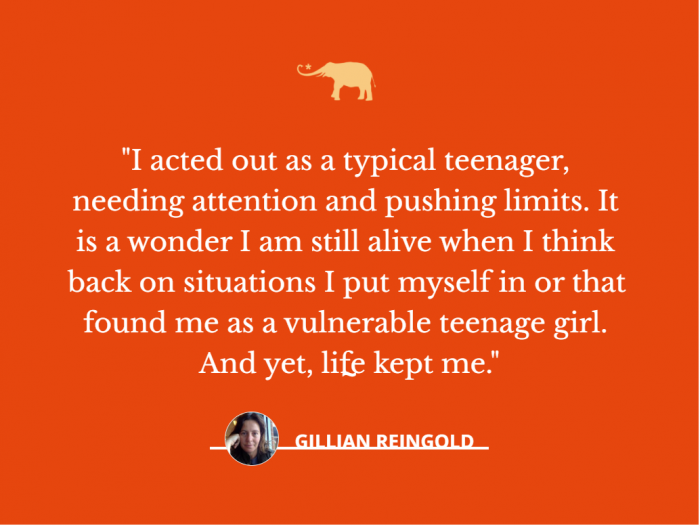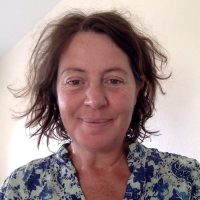View this post on Instagram
My therapist recently told me I have trauma. Can I get an “amen”?
There is probably no one alive right now who does not feel the effects of individual and/or collective trauma on our planet.
Just in the last several weeks, witnessing the events unfolding in Afghanistan can trigger disturbing physiological effects. And the recent law passed in Texas prohibiting abortion. I am reluctant to list more reasons to feel activated in our nervous system, but it would be like ignoring the elephant in the room. The phenomenon of COVID-19 and the accompanying chaos of vaccine resistance is a sign and symptom of a collective trauma that is gripping the developed world.
In and of itself, a pandemic is stressful, as is a government toppled by a fundamentalist militia, lest we forget what almost happened on January 6, 2021. But even if we are fortunate enough to not be directly impacted, and I doubt this is widely true, we can be unconsciously affected by these events.
What is trauma? I am not the expert and will not attempt to unpack this term. But based on my own journey of healing through yoga and other modalities, I can tell you what trauma is not.
Trauma is not “stress,” or “upset.” It is not an adequate adjective to describe a bad day. And it is not a condition that can be medicated away. Trauma is a physiological response to a life-threatening event or circumstance. Whether the event is real or perceived, the effects are the same. Trauma is a response, which can become a pattern of survival that gets set in the nervous system and bypasses the conscious mind.
And herein lies the gold. Trauma response is the very definition of a mind/body split. And therefore, we can see it, use it, and transform it.
Our bodies and minds are like a fragile vase. We are born completely dependent on caregivers for a ridiculous amount of time. This prolonged development allows plenty of space for things to go wrong. If we were not lucky enough to have two loving secure caregivers, or even one, we are vulnerable to the vicissitudes of life’s misfortunes, which are inevitable and many.
My birth father, whom I call my first father, died when I was three. My mother was not able to be present for my early childhood. The result of these two significant events has been like living in a fragile container. I am an immigrant to the United States and did not grow up with an extended family. This detail has had large consequences in my life. With all the privilege of a financially stable environment, I was not able to withstand the various challenges that life threw my way. My body, while receiving nourishment, was never quite strong enough to withstand the normal events of change and growth.
I was a sensitive child who had almost no boundaries or sense of self. If I barely exist, who is there to feel worthy? My social boundaries were nonexistent. I felt bullied and judged by my peers and those in authority. Until the age of eight, we moved every two years. While my mother remarried a loving man whom I am privileged to call my second father, it was not enough to keep me from harm. He had his own business, and she was a full-time physician. I was an only child until the age of 15. From first grade all through high school, I was a “latch-key” child, coming home to an empty house with only a television for companionship.
All the stages of normal development were impacted by this shaky start, and yet, there was never a moment where I felt I could ask for help from an adult ally.
My relationship with my mother was strained and difficult, impairing my trust in myself and the world. I acted out as a typical teenager, needing attention and pushing limits. It is a wonder I am still alive when I think back on situations I put myself in or that found me as a vulnerable teenage girl. And yet, life kept me.
I managed to navigate my naivety with enough street savvy to make it through high school. Luck and privilege allowed me to travel far from home for college in a protected environment, but I was not free from savage uncertainty. My will to break free of all constraints prevented me from recognizing when a situation was beneficial. Stability terrified me, and it is possible that I couldn’t recognize caring adults and mentors, even if they were available.
Consistent trauma responses, when triggered, do not shut off. They get stuck in the nervous system, which is a condition of post-traumatic stress disorder (PTSD). One doesn’t have to have been in an actual war to suffer from PTSD. That shows just how sensitive we humans are.
But what did this journey teach me? In short, everything! My life has been the single most reliable teacher, bringing me both wisdom and suffering. There is nothing I have experienced that can ever be invalidated or removed. My survival skills are my own. And with time, I see how the gold emerges from the mud.
As a seeker of truth, I’ve dedicated my life to his journey. Our bodies are so filled with wisdom it is a shame to not meditate a few minutes a day. The impact of mindfulness meditation, if learned and taught correctly, is that a present moment never goes to waste. One can study and practice for years, months, weeks, or days, and if one is sincere and applies the teachings, each moment of mindful presence collects in the vase of our body/mind like precious nectar.
It never goes away because it is an experience of pure presence. And even if one stops for long periods of time, even years, that nectar is still there waiting to be filled and to fill up the soul. This is my personal experience as someone who has had periods of deep immersion and equally long periods of no practice at all.
I sometimes feel like the journey of my life has been like a powerful river, bringing me to shores and people whom I desperately needed to meet and learn from, many times unconsciously. The moments when I let go, even out of desperation, have been the true gifts of my trauma.
While my developmental or complex trauma has controlled most of my life, it has also brought me gifts such as Kundalini Yoga and mindfulness meditation. But to truly heal and come into my own, I have turned to creative expression as the source for my agency. If I didn’t have my music practice or my writing, I would feel incomplete.
Because I had no extended family or siblings and an uneasy relationship with my social group, I created a rich inner life of meaning. I read voraciously and wrote stories and poems, I consumed music and art like delicious food, and I learned to recognize the value of authenticity.
I created an alternative universe which shows just how resilient was my will to live. I always knew and felt that I had a larger purpose to my life, that I was supposed to be here to create something great, whatever it may be. I enjoyed the remarkable love of animals, connecting deeply with their pure goodness. My second father was a photographer, and I grew up admiring and loving this art. My hunger for connection transferred into the discipline to study and master skills in the dark room. I am a master printer.
There are so many gifts I’ve gained from my trauma. The ability to be fearless when called for, the heightened states of somatic awareness that can benefit a spiritual practice, and the ability to detect genuine authenticity when relating to others are just a few.
The performance artist Laurie Anderson shares her three rules for living well that she and her late husband the musician, Lou Reed, came up with:
1. Don’t be afraid of anyone (can you imagine living your life this way?)
2. Get a good bullsh*t detector and learn how to use it.
3. Be tender with yourself and the world.










Read 10 comments and reply